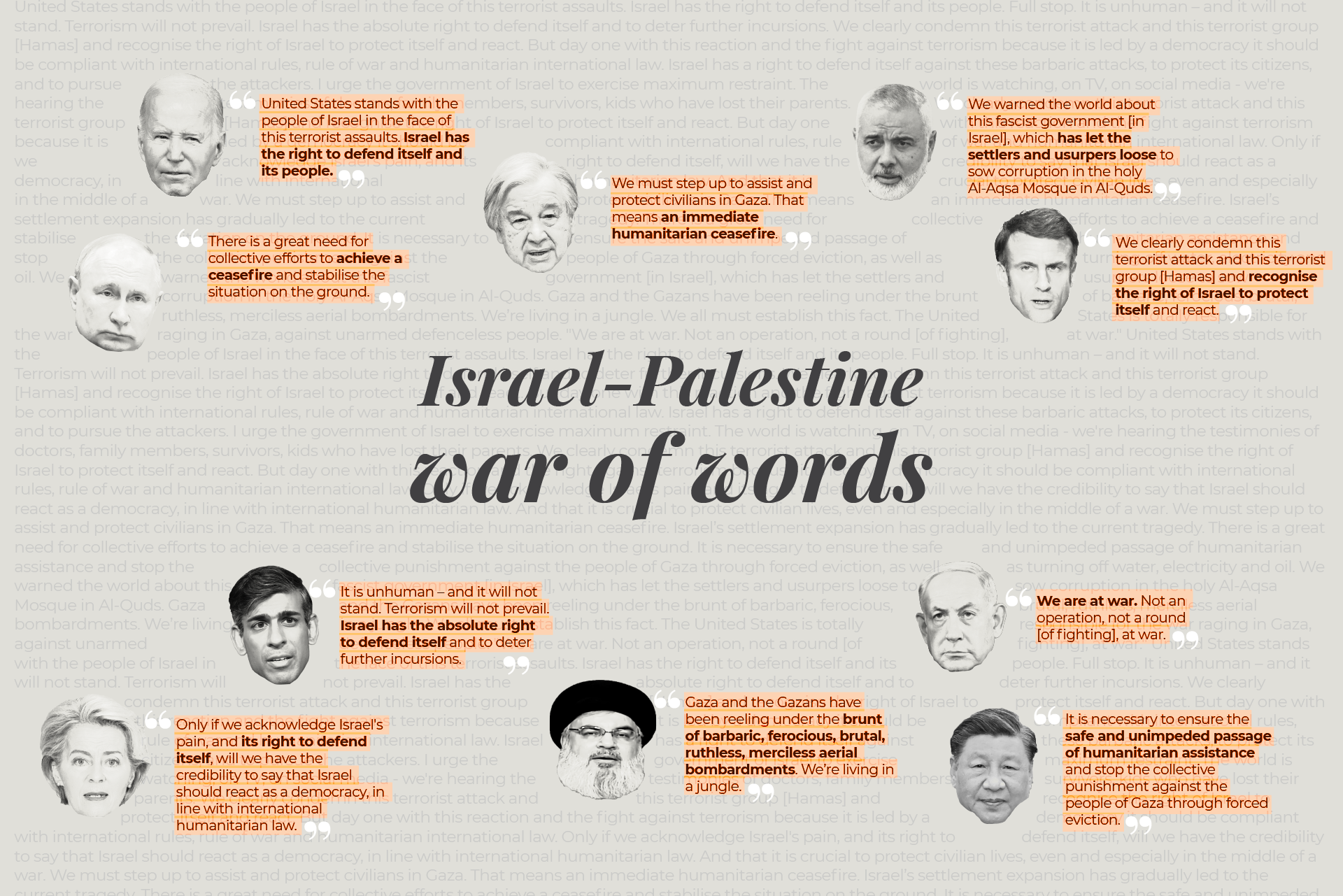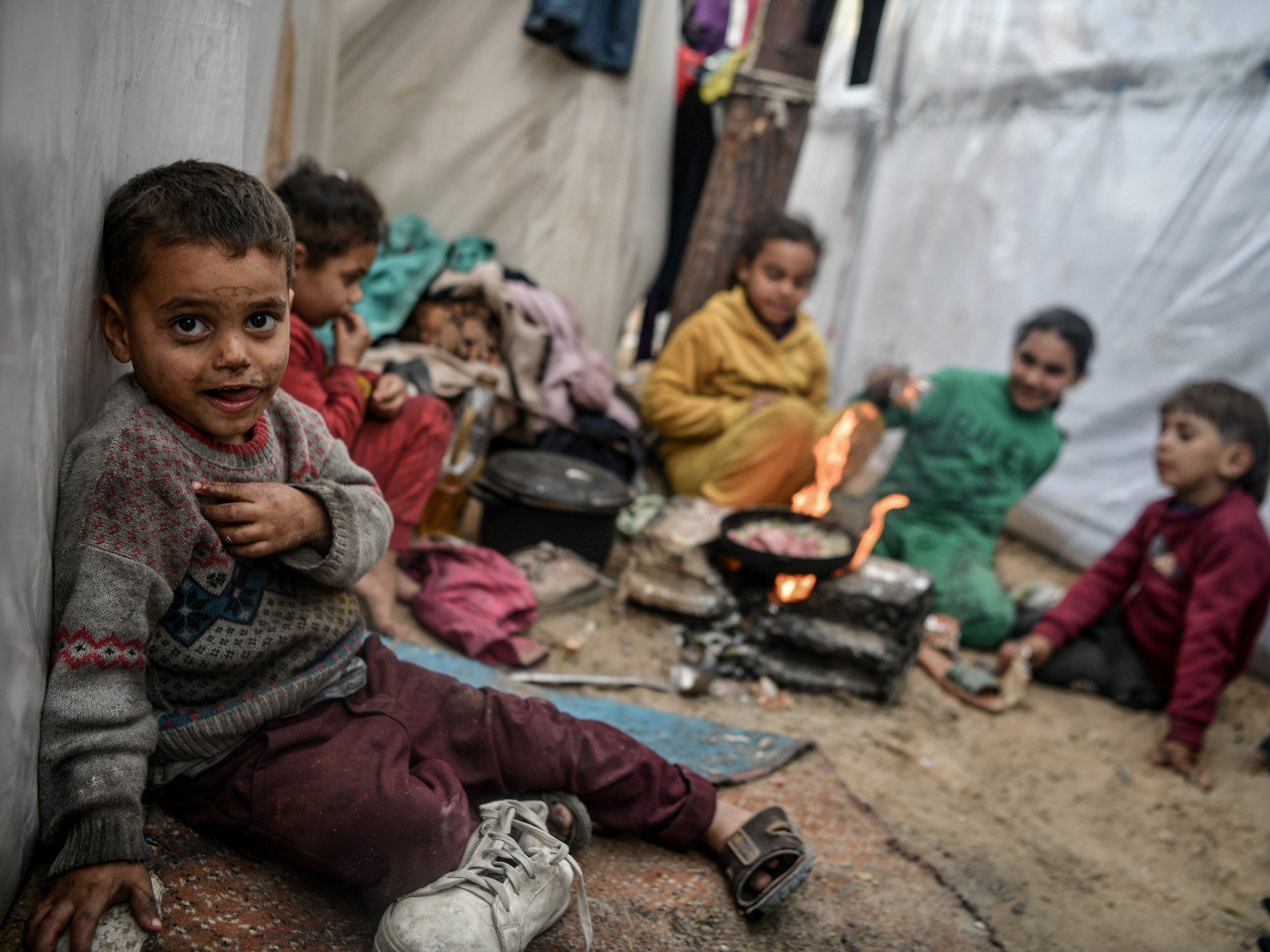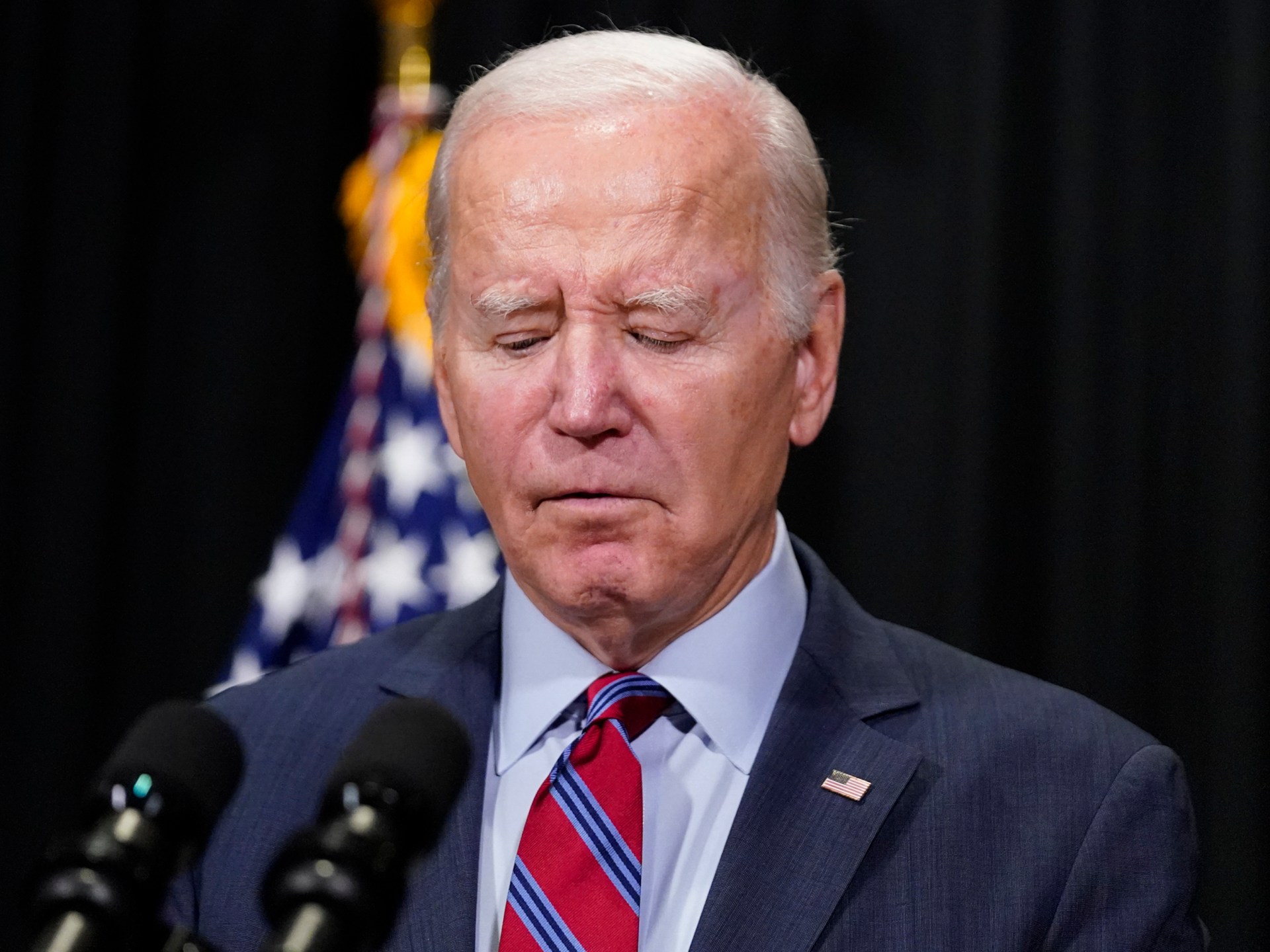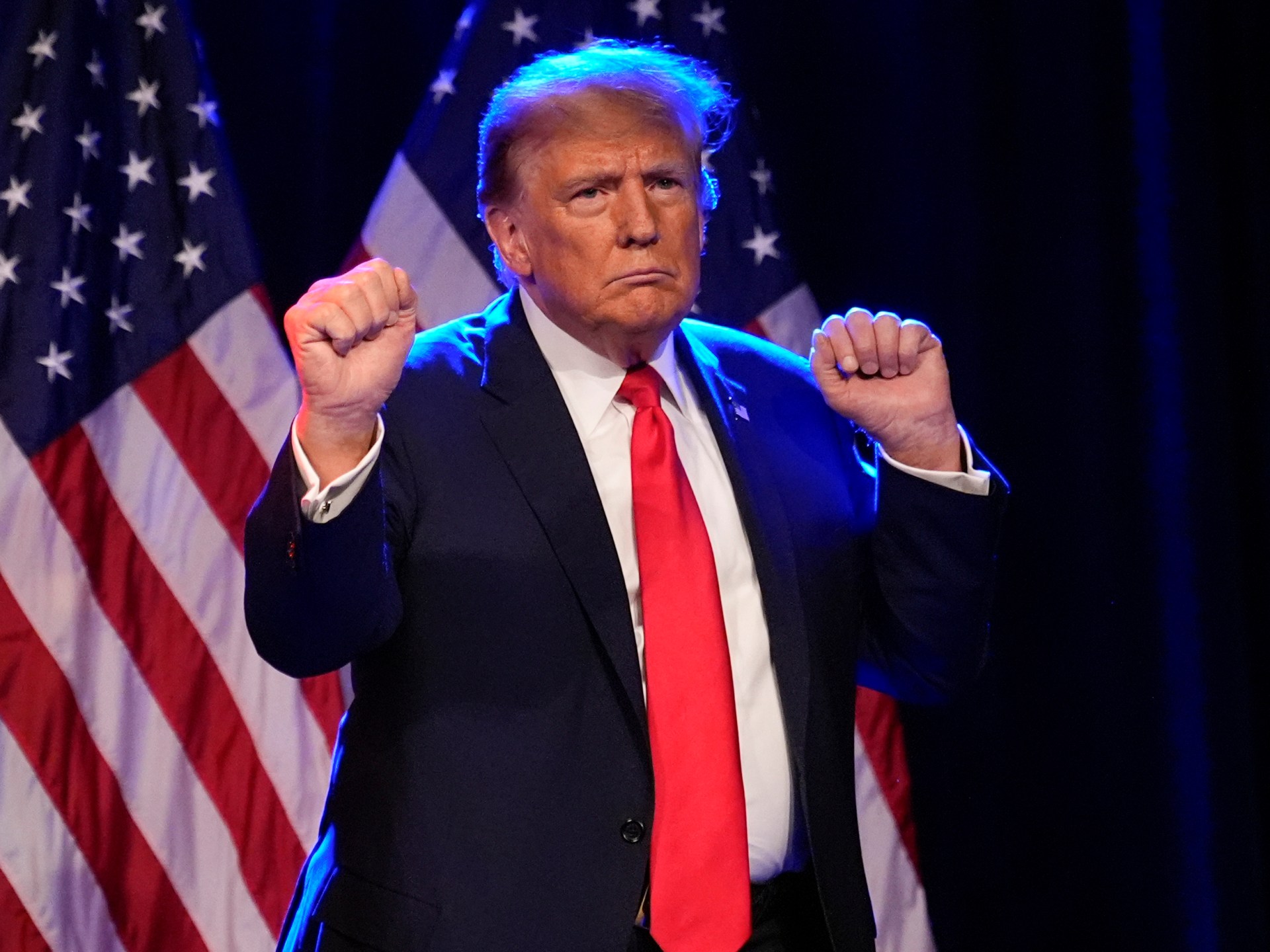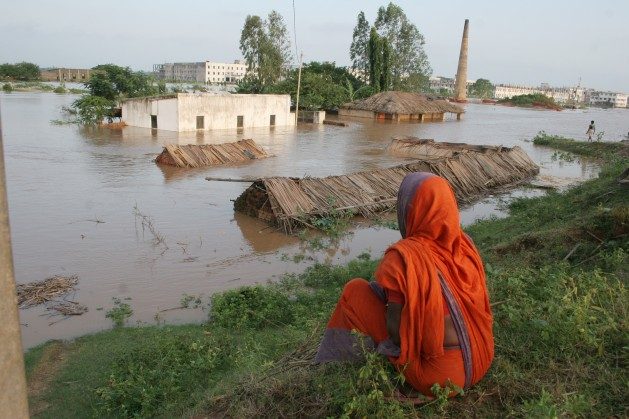Israel-Palestine war: ‘Ceasefire’ or ‘pause’, what have world leaders said? | Israel-Palestine conflict News
“We are at war. Not an operation, not a round [of fighting], at war,” Prime Minister Benjamin Netanyahu declared to his fellow Israelis on October 7, following a surprise attack by the Palestinian armed group Hamas that killed an estimated 1,200 people in Israel.
Within hours, the United States, Israel’s closest ally, condemned the attacks as “unconscionable”. President Joe Biden affirmed, “Israel has the right to defend itself,” echoing sentiments from Israel’s allies worldwide.
Over the next seven weeks, Israel went on to drop more than 40,000 tonnes of explosives on Gaza, killing more than 15,000 people, including at least 6,150 children, and levelled entire neighbourhoods.
Following several failed resolutions at the United Nations and a flurry of diplomatic efforts, a four-day Gaza truce, agreed upon by Hamas and Israel, finally took effect on November 24 and was later extended for an additional three days.
As the war continues on the ground, a parallel battle is being waged through the exchange of words on the world stage.
To understand how language is shaping the current war, Al Jazeera examined all the speeches and statements given by 118 United Nations member states at all the UN Security Council (UNSC) and General Assembly (UNGA) sessions between October 7 and November 15.
In addition to the UN statements, we analysed hundreds of speeches and statements given by the leaders of Israel and Palestine, five permanent members of the UNSC — the US, UK, France, China and Russia, as well as eight regional players, namely Egypt, Iran, Jordan, Lebanon, Qatar, Saudi Arabia, Syria and Turkey.
Pause vs ceasefire – who said what?
Many countries have called for an immediate and comprehensive ceasefire, ending all hostilities, while Israel’s allies have only called for a pause in fighting.
Those avoiding the call for a “ceasefire” echo Israel’s sentiment that Hamas should not be given any respite in fighting and the war should only end after the armed group’s complete destruction. Many of these countries have called for peace or political resolution, but have fallen short of using the term “ceasefire”.
According to the United Nations:
- A ceasefire is largely defined as a “cessation of all acts of violence against the civilian population”.
While there is no universal definition of what a ceasefire entails, it typically includes a formal agreement to end the fighting and lays out a political process to de-escalate the conflict, such as withdrawing weapons or repositioning forces.
- A humanitarian pause, on the other hand, is defined as a “temporary cessation of hostilities purely for humanitarian purposes”.
A pause or truce is a temporary halt to fighting for an agreed-upon period.
Our analysis found that the majority of countries (55 percent) specifically called for a “ceasefire” in Gaza while 23 percent of nations underscored the importance of a temporary halt in hostilities. The remaining 22 percent did not explicitly endorse either option.
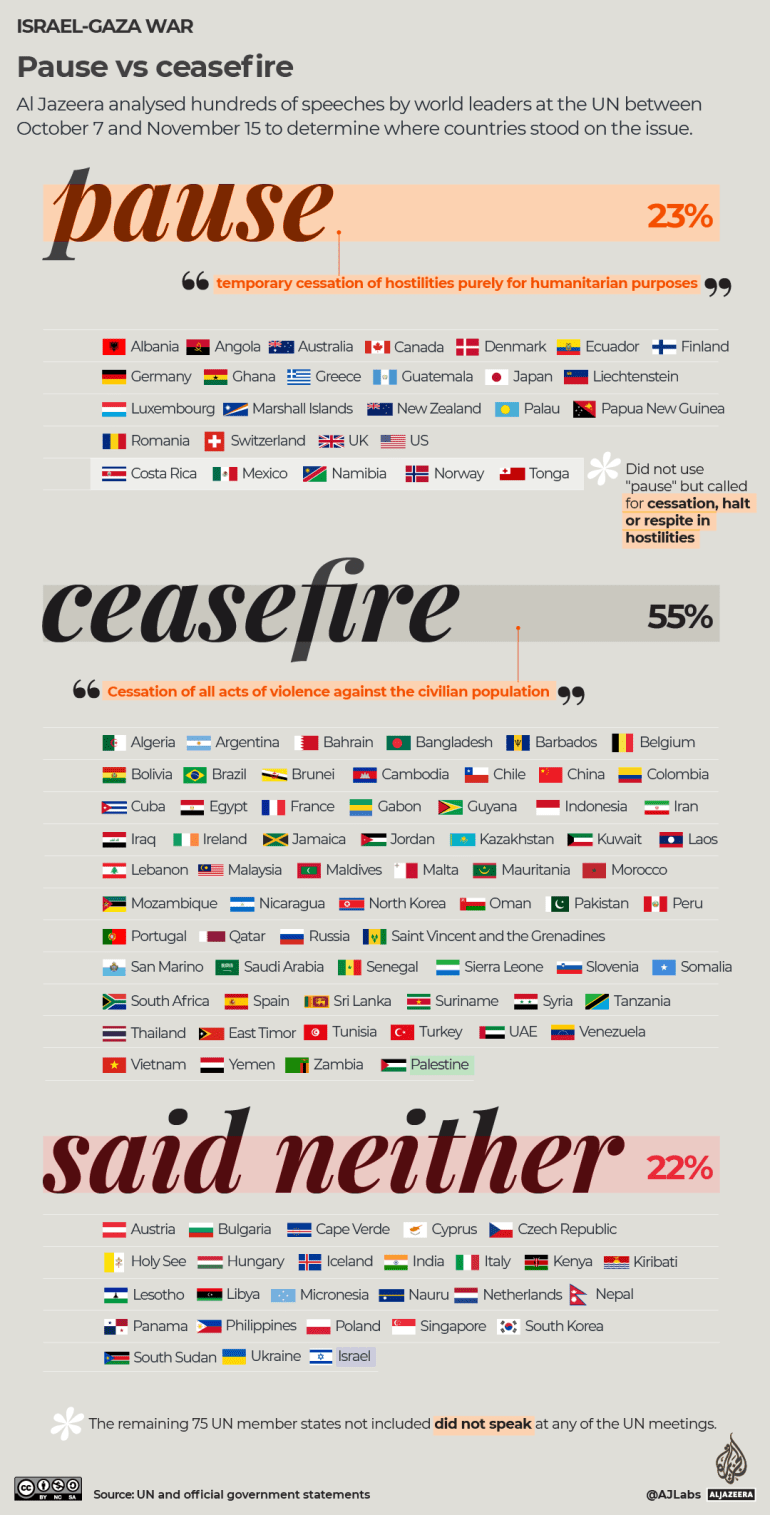
The majority of countries calling for a pause are European states as well as the US and Canada.
The Biden administration has called for “humanitarian pauses” in the war while firmly rejecting demands for a ceasefire, at least until Israel achieves its stated goal of eliminating Hamas.
The majority calling for a ceasefire are those in the Global South, with the exception of a handful of European states, most notably France, Ireland, Russia and Spain.
France has urged setting up a humanitarian truce which could lead eventually to a ceasefire.
For Palestinians in Gaza like Tala Herzallah, a 21-year-old student at the Islamic University of Gaza, the role of the international community and organisations like the UN in helping end the war has been close to “zero”.
“All international laws are being violated, and no one says anything. It’s all just ink on paper,” she told Al Jazeera.
People are being bombed in hospitals, in schools. But all they do is condemn. Our blood is cheap
Moreover, like many Palestinians, Herzallah stressed that the conflict with Israel extends far beyond the tragic events of October 7.
“We (Gaza) have been under siege for more than 16 years, with pain, poverty and unemployment. Bombed every now and then.”
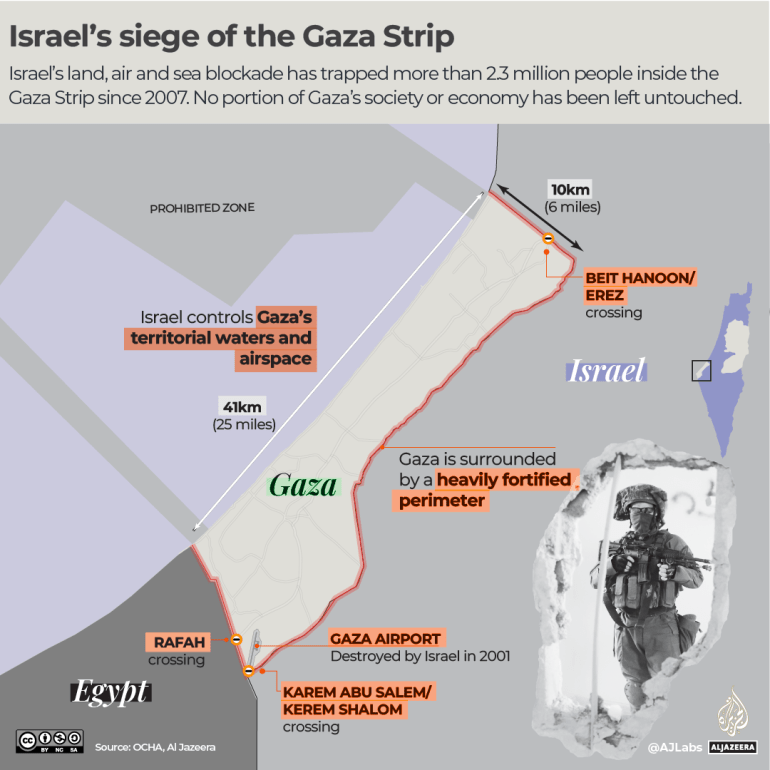
Check out our Latest News and Follow us at Facebook
Original Source

